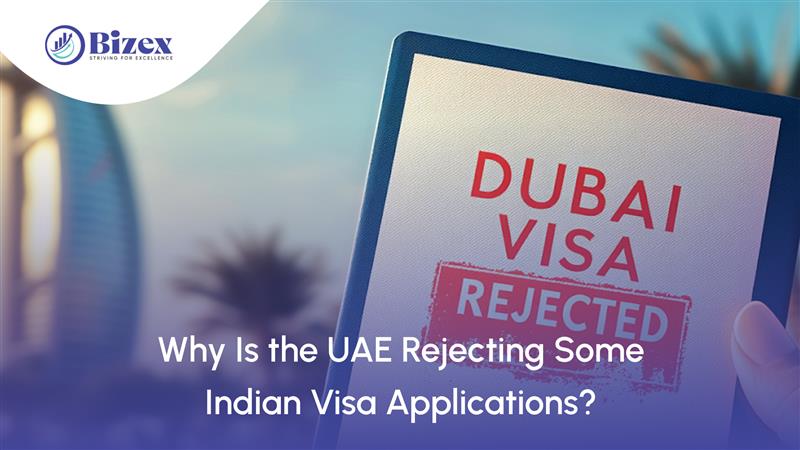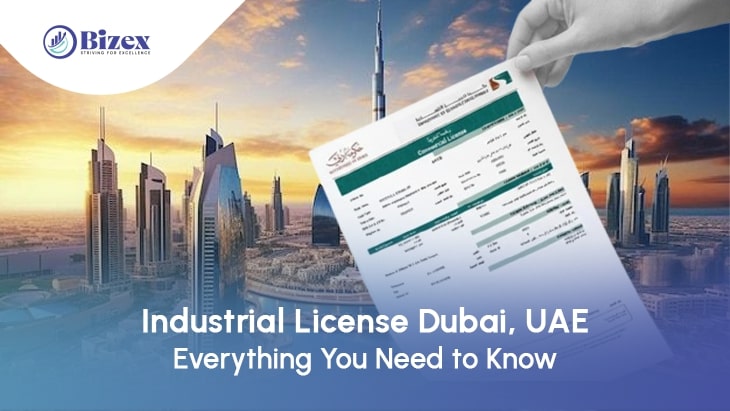Expanding your business to Dubai by setting up a subsidiary company offers a strategic advantage due to its prime location and favourable tax environment. It also opens up a world of potential growth. This guide will walk you through the essential steps to establish a subsidiary in Dubai, ensuring you navigate the process smoothly and tap into the city's potential for expansion.
1. Understanding the Concept of a Subsidiary
A subsidiary is a separate legal entity owned by a parent company. Establishing a subsidiary in Dubai allows foreign businesses to maintain control while taking advantage of the city's robust infrastructure and strategic position as a global trade hub. Whether it's accessing new markets, utilising Dubai’s tax incentives, or benefiting from business setup in Dubai, a subsidiary can be a powerful extension of your business. For foreign companies, company formation services in Dubai offer tailored solutions to ensure a smooth and compliant setup process.
2. Defining Clear Business Objectives
Before you start, it's crucial to outline your goals for establishing a subsidiary in Dubai. Whether your objective is to expand into the Middle East, capitalise on Dubai’s tax-free zones, or gain proximity to regional clients, having clear goals will guide every decision in the setup process and keep you focused on your mission.
3. Selecting the Right Business Structure
Choosing the correct legal structure for your subsidiary is a vital decision that should be driven by the nature of your business, operational requirements, and market access needs. In Dubai, the primary options include:
* Limited Liability Company (LLC): This type of company is famous for those wanting a foothold in the local market. An LLC requires a local sponsor who owns 51% of the shares, with the foreign entity holding the remaining 49%. However, recent reforms allow full foreign ownership in specific sectors.
* Branch Office: Functions as an extension of the parent company and can engage in commercial activities. However, it doesn’t have a separate legal identity from the parent company, which means liabilities are shared.
* Free Zone Entity: Setting up in a free zone allows 100% foreign ownership, tax exemptions, and full profit repatriation. The catch is that business activities may be restricted to the free zone unless additional licenses are obtained.
Factors like the nature of your business, operational requirements, and market access needs should drive your choice.
4. Choosing the Right Location
Location is vital to your subsidiary’s success. Dubai offers a range of free zones and commercial areas, each catering to specific industries. For example:
* Dubai Silicon Oasis (DSO): Suited for tech companies and startups due to its advanced infrastructure.
* Jebel Ali Free Zone (JAFZA): A leading hub for logistics and manufacturing companies.
If your business needs direct access to the local Dubai market, setting up on the mainland might be more suitable, despite ownership restrictions. Free zones offer a more liberal environment with benefits but may limit your local market interaction.
5. Registering Your Company Name
Your company name is your brand identity, so choosing the right name is essential. Ensure it adheres to Dubai’s naming conventions and isn’t similar to any existing business names. The name should also avoid any prohibited words. Once decided, register your company name with the Department of Economic Development (DED) or the relevant free zone authority.
6. Assembling the Required Documentation
The paperwork is crucial to your subsidiary’s setup. Documents typically required include:
* Application Form: A duly completed form for company registration.
* Parent Company Documents: Certificates of Incorporation, Memorandum of Association (MoA), and a Board Resolution from the parent company.
* Identification: Passports and identification documents of the parent company’s directors and shareholders.
* Business Plan: A comprehensive plan outlining your subsidiary’s goals, market strategy, and financial projections.
Ensure all documents are notarised and, if necessary, translated into Arabic as per the regulations.
7. Securing Necessary Approvals
Depending on your business activity, you might need approvals from various government bodies. DED approval is required for LLCs, whereas free zone entities need to be approved by the respective free zone authority. Also, ensure you have the correct licenses and permits for your specific industry.
8. Drafting the Memorandum of Association (MoA)
The MoA is a legal document that outlines your subsidiary's ownership structure and operational guidelines. For LLCs and Free Zone entities, the MoA is vital for completing the registration process. Ensure that it meets the legal standards set by the authorities in Dubai.
9. Arranging for Office Space
Finding a suitable office space is another crucial step. Free zones offer flexible options like shared workspaces and virtual offices, while mainland setups may require leasing or purchasing commercial property that adheres to DED regulations. Your choice should reflect your operational needs and budget.
10. Finalizing the Registration Process
Once you have your approvals and documents ready, submit your application to the DED or free zone authority to finalise the registration of your subsidiary. This step legally establishes your subsidiary, allowing you to begin operations.
11. Opening a Corporate Bank Account
You’ll need a corporate bank account to manage your subsidiary's finances. Dubai offers a variety of local and international banks that cater to business needs. Ensure you have all the required documentation, including your trade license and identification of authorised signatories.
12. Hiring and Compliance with Local Regulations
Recruiting talent is the next step. Ensure to comply with Dubai’s labour laws, including obtaining work permits and visas for expatriate employees. It’s also essential to adhere to local employment contracts and standards, ensuring you meet all regulatory requirements.
13. Marketing Your Subsidiary
Once established, your subsidiary needs visibility. Develop a targeted marketing strategy that resonates with the local market. Utilise digital channels, attend networking events and consider forming partnerships with local businesses to boost your brand presence in Dubai.
Conclusion
Establishing a subsidiary in Dubai offers immense business growth and market expansion opportunities. Following these structured steps ensures your subsidiary is set up efficiently and positioned for success. Whether you choose the mainland or a free zone, understanding the legal landscape and aligning your business strategy with Dubai’s economic environment will be critical to your success. Additionally, utilising expert company formation services in Dubai can help streamline the process and ensure compliance with local regulations.
For Consultation, Contact Us Now!
Email - info@bizex.ae
Call - +971 444 73414
Address - Office No-304, Al Mankhool Building (BMI Building), Khalid Bin Al Waleed, Bur Dubai, Dubai

 1762
1762 



Leave a reply